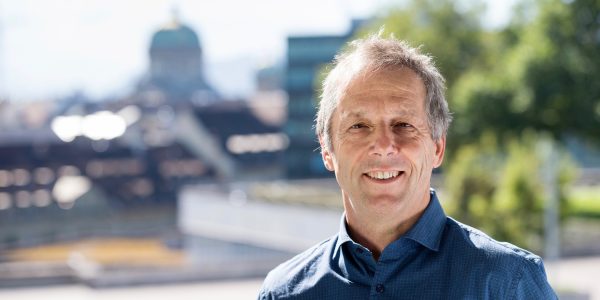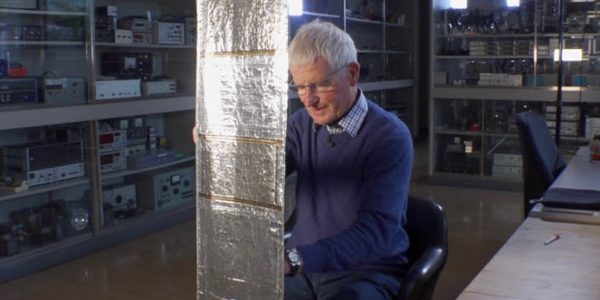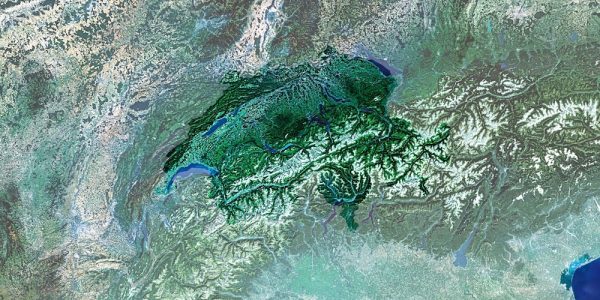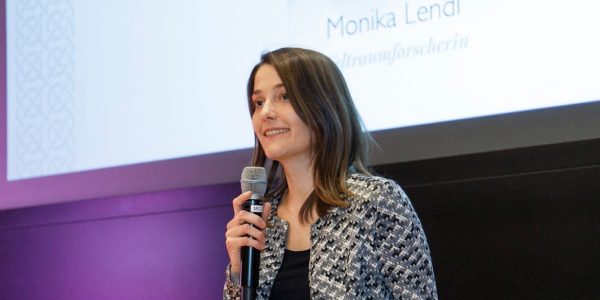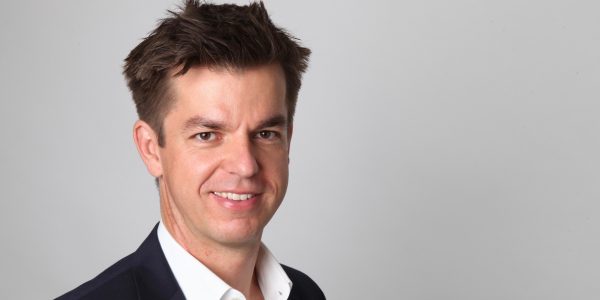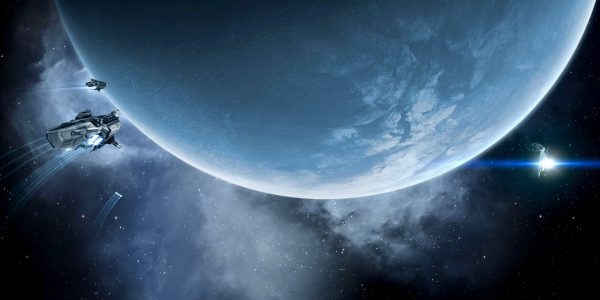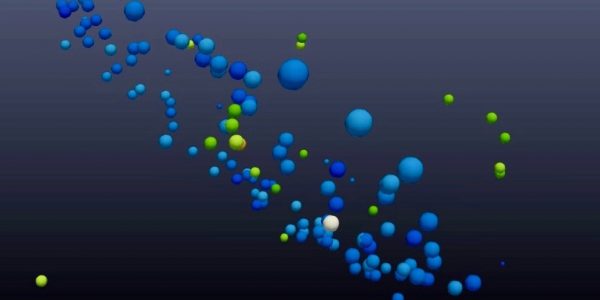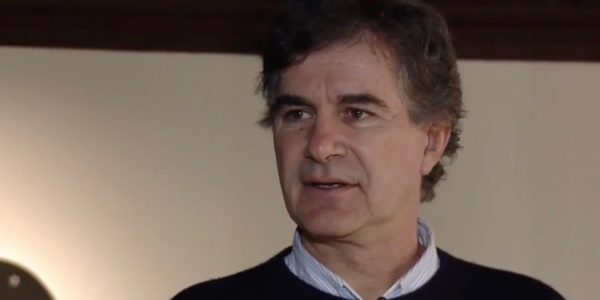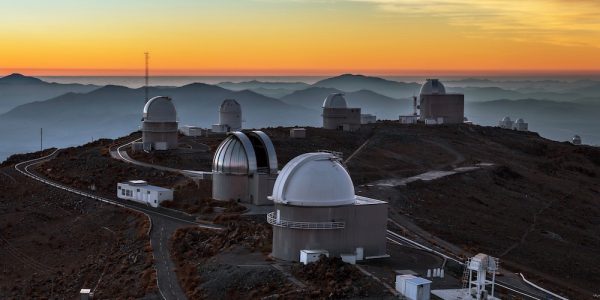Author Archive
Editorial
Dear Reader, President Kennedy in his famous speech about the US effort to reach the Moon delivered in Houston, Texas on September 12, 1962 said “…We choose to do these things not because they are easy, but because they are hard; because that goal will serve to organize and measure the best of our energies […]
Continue ReadingThe story of the Swiss moon experiment
When Buzz Aldrin stepped out of the lunar module on 21 July 1969, the first thing he did was to place a solar wind experiment on the moon even before the American flag. The experiment was developed at the University of Bern. As a PhD student Jürg Meister was significantly involved in the work. Today, […]
Continue ReadingSwitzerland in Space
From the Bernese solar-wind experiment on Apollo 11 to space research in Switzerland as a member of the European Space Agency ESA – the development up to the first long-term space research programme ‘Horizon 2000’. By Martin C.E. Huber The Bernese experiment, which Buzz Aldrin planted into the solar wind after he and astronaut colleague […]
Continue ReadingA prize for outstanding achievements
The astronomer Monika Lendl has won the Look! business award for the Austrian woman of the year in STEM (Science, technology, engineering & maths). Monika Lendl is member of PlanetS and works as senior researcher at The University of Geneva. This year’s Austrian woman of the year in the science, technology, engineering and mathematics, nominated […]
Continue Reading“We will need large space missions”
Sascha Quanz was appointed the new professor of Exoplanets and Habitability at ETH Zurich on 1 June 2019. “I’m delighted that we can now move ahead with renewed vigour, also within PlanetS,” says Sascha Quanz, who is now also a member of the Executive Board of the National Centre of Competence in Research. PlanetS: You have […]
Continue ReadingDiscover exoplanets while playing
Two years ago, the Icelandic company CCP, which markets and operates the EveOnline galactic conquest game, launched the “project discovery”, a concept of citizen science included in the game. Using the star light curves taken by the European CoRoT satellite (COnvection, ROtation et Transits), the goal was to try to discover periodic decreases in the […]
Continue ReadingHighlights of recent research results
Recently, PlanetS researchers published papers about stolen comets, a forbidden planet, meteorites from Vesta, and Rare-Earth metals in the atmosphere of a glowing-hot exoplanet. The video based on computer simulations demonstrates what happens if two young stars in a cluster undergo a close encounter. Each star has a belt of so-called planetesimals, the building blocks […]
Continue ReadingStolen comets and free-floating objects
Our Solar System may contain alien comets that were stolen from another star flying past 4.5 billion years ago. Far away in a distant cluster of young stars, a similar close encounter might have also sent the inter-stellar visitor “Oumuamua” flying on its way towards us, and there must be many more of these free-floating […]
Continue ReadingThe important role of La Silla
By Pierre Bratschi About 80 astronomers were invited by ESO to celebrate the 50th anniversary of the La Silla Observatory. An event that may seem anachronistic in the era of the VLT, the ELT, and of the JWST, indeed what else can we expect from an observatory that has “only” two “small” 3.6m telescopes? How can […]
Continue ReadingLa Silla, an observatory with a bright future
Since its inauguration in 1969, ESO’s La Silla Observatory has been at the forefront of astronomy. Its state-of-the-art instruments have enabled astronomers to make fundamental discoveries and paved the way for future generations of telescopes. After 50 years of activity, the La Silla Observatory remains a reference in the field and has recently been given […]
Continue Reading
